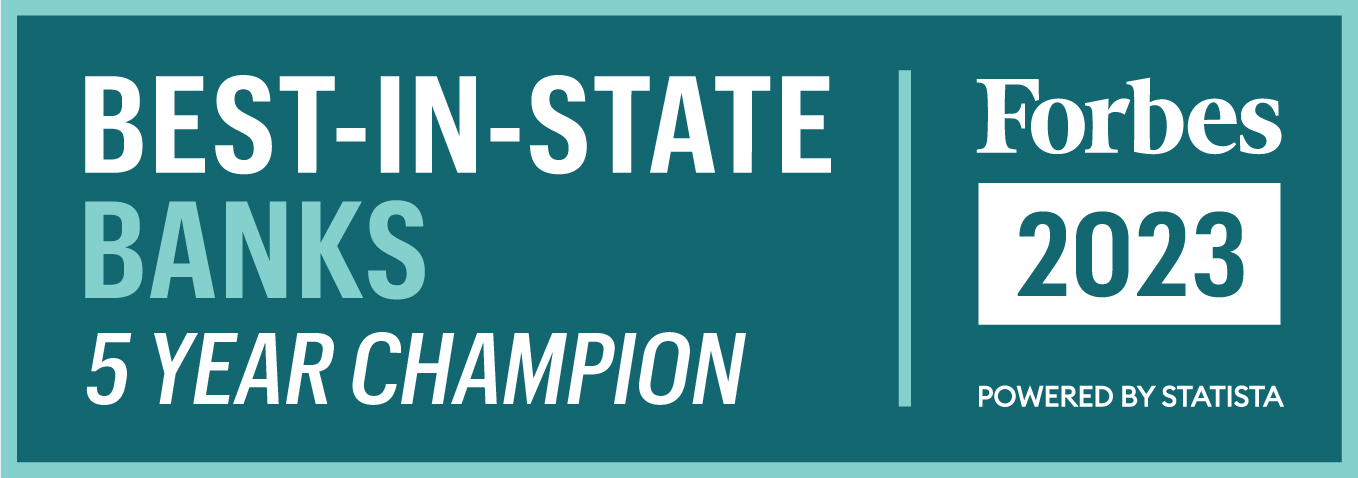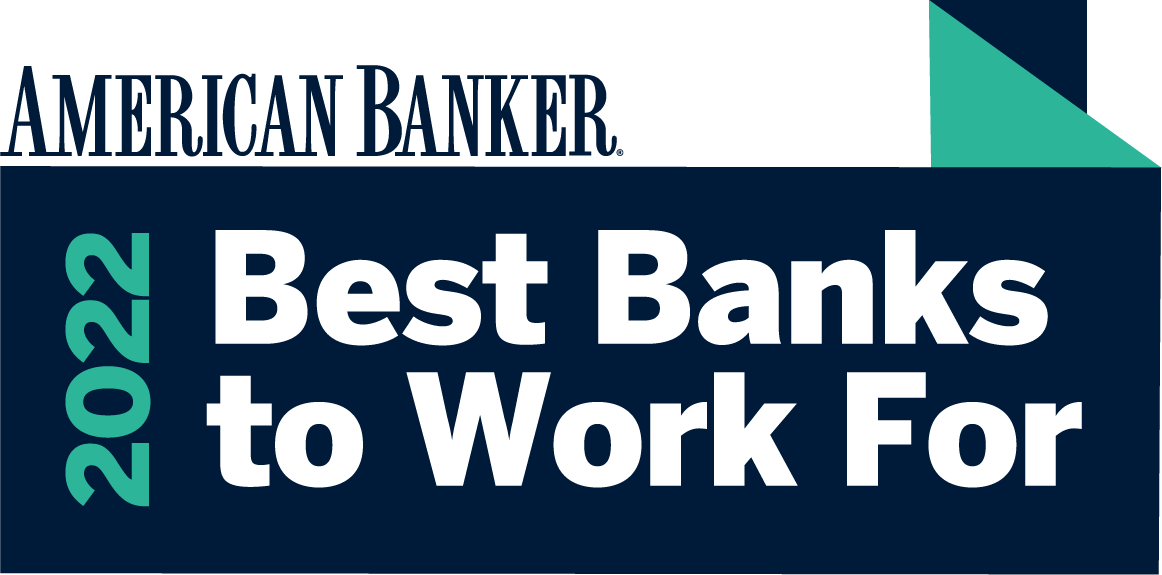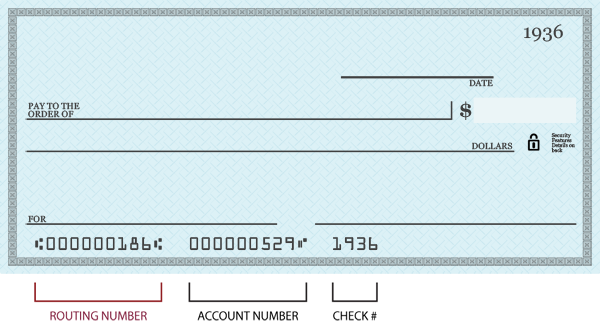Turning 18 marks a major milestone in life – you’re now legally an adult! And with adulthood comes a host of new opportunities and responsibilities. One of those opportunities is having the freedom to open your own bank account and begin making your own financial decisions. A checking account can be a great way to begin managing your finances and budgeting.
The most common account is referred to as “Student Checking” which is available specifically for young adults and includes various benefits such as access to Online and Mobile Banking, surcharge-free ATMs, a debit card, little to no minimum daily balance requirements, and so much more. Let’s explore the basics of opening a Student Checking account and why they are so important for your financial success.
Understanding the Benefits of Having a Checking Account
Checking accounts offers several benefits for 18-year-olds who are just starting to navigate the world of personal finances.
- Security & Freedom: Having a checking account provides a safe and secure place to keep your money and gives you the freedom to make purchases and pay bills online.
- Learning Financial Responsibility: You can practice budgeting and money management skills, as you'll have a clear overview of the money that goes into your account – and what comes out.
- Bank Perks: Most checking accounts may come with perks such as access to a large network of surcharge-free ATMs, ID theft protection, roadside assistance, and access to online banking tools.
Researching and Comparing Different Banks and Accounts
Researching and comparing different financial institutions and accounts is an essential step when opening your first checking account. It's important to find a bank that offers the features and benefits that align with your financial needs and goals.
Start by researching different banks in your area. Look for banks that have a strong reputation and good customer reviews. Consider factors such as the bank's fees, the accessibility of their branches and ATMs, and the quality of their online and mobile banking platforms. You’ll also want to compare the features and benefits of the checking account offerings.
Gathering the Necessary Documents and Information
Before heading to the bank, make sure you have all the required paperwork and details organized and available to streamline the account opening process.
Here are the most common:
- Valid Driver's License or Passport
- S. Social Security Number
- S. Citizenship or Resident Alien Status
It's also a good idea to bring some initial funds to deposit into your new checking account. There may be an initial deposit match given by the bank, or there may be a minimum balance required in order to avoid fees.
Making an Appointment at a Bank Branch
Scheduling an appointment at a branch creates an opportunity to ask any questions you may have and receive guidance from a banking professional. They can walk you through the account application process, explain any fees or charges, and provide additional information about the benefits and features of their various checking account options. To make an appointment, you can either call the bank's customer service number or visit their website.
Understanding Fees, Charges, and Other Fine Print Details
Understanding the details associated with your checking account is key to making informed decisions about your finances. While each bank may have different policies and fee structures, some common fees to be aware of are monthly maintenance fees, overdraft fees, and ATM surcharge fees. Take the time to review this important information and ask questions before opening your account.
Activating and Using Your New Account
Once your account is funded, you can start using it! Your bank will provide you with a debit card linked to your account, which you can use to make purchases in-store or online. You can also use this card to withdraw cash from ATMs.
To ensure the security of your account, it's important to set up online and mobile banking. This will allow you to monitor your account balance, review transaction history, and make transfers between accounts. Most banks have user-friendly online and mobile platforms, making it easy to manage your finances from the comfort of your own home or on the go 24/7. Lastly, it’s a good idea to set up alerts and notifications to stay informed about any activity on your account. This can help you detect any fraudulent or unauthorized transactions promptly and ensure that payments are made accurately.
Start Building Smart Habits with An Account Designed for You
Turning 18 marks the start of an exciting life chapter. It’s an opportunity for so many things, including getting serious about your finances and your future. One of the best ways to start managing your money responsibly is to open a checking account.
Learn how to get your first checking account as a newly minted adult. From Student Checking to Classic Checking, we have accounts that will be an A+ in your book. If you can't decide, we're here to help!
Related Articles & Resources:
Savings Accounts Explained to Help You Reach Your Financial Goals
How to Build Good Credit with a New Credit Card
How to Become Financially Savvy after College Graduation




